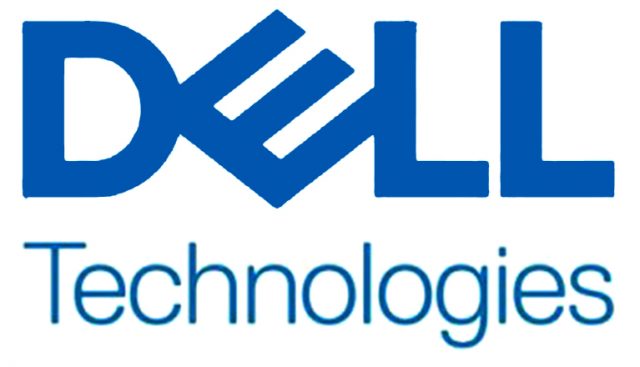Dell Technologies has announced the results of a new neuroscientific research, Brain on Tech. Using brainwave analysis, Dell examined peoples’ relationship with technology to better combat stress and burnout. At a time when people are more dependent than ever on technology to work, learn and connect, Dell studied people’s brainwaves to understand how the tech they use in their everyday life can influence and shape their experience. These types of insights can help businesses proactively improve employee productivity (contributing to the bottom line), as well as mitigate employee burnout…a growing concern of late.
Technology helps us connect, learn, get work done and reimagine our daily lives. Yet as we rely more on technology, we become more sensitive to its performance highs and lows. As the pressure to perform increases, businesses who understand the impact tech has on people are at an advantage. Not only can they offer a better experience – they can help employees become more efficient and effective.
Together with EMOTIV, the global leader in portable brain sensing technologies and consumer neuroscience, participants’ brain activity was monitored in real time (via EEG scanning headsets) while they worked and interacted with technology. This let us go far beyond the fill-in-the-bubble-survey, providing rich scientific results.
While at first glance the results of the study confirmed what we assumed – experiences with high functioning and reliable technology and non-responsive or failing technology directly impact productivity and how employees feel – the profound extent this correlation had was astounding.
In early 2020, Dell and EMOTIV developed a custom experiment to measure the reactions of users of various ages and computer literacy levels as they completed cognitively challenging tasks under time using both good and bad PC technology. EMOTIV’s EPOC+ wireless Brainwear headsets were used to collect participants’ brain data in a work environment. Levels of stress, focus, excitement and frustration were assessed in real-time leveraging EMOTIV’s proprietary machine learning algorithms.
EMOTIV researchers studied adult users representative of a modern workforce, including mixed gender, ages, computer literacy and familiarity with computerized workplaces. Participants in a work environment were required to complete cognitively challenging tasks under time pressure with the prospect of a reward tied to the level of completion of the tasks.
Two conditions were tested in a block design using similar task loads. In the “Bad Computer” experimental condition, users were provided with an unreliable laptop with planted bugs, while during condition “Good Computer,” users were provided with high-performing computers and screens which streamlined the user experience.
EMOTIV also recorded brain activity during various baseline, rest and recovery control conditions and provided happy and stressful videos in order to benchmark responses against known experiences and to measure recovery times.










I truly value your piece of work, Great post.